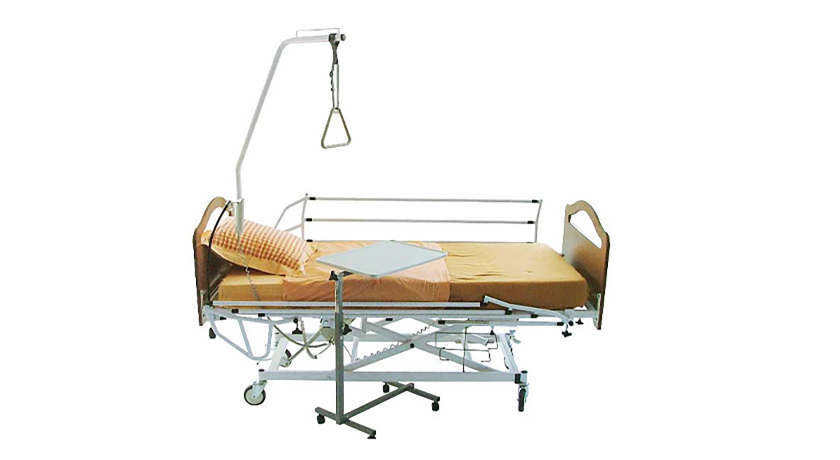
The Importance of Medical Parts Suppliers in Healthcare
In the ever-evolving landscape of healthcare, medical parts suppliers play a crucial role in ensuring that medical professionals have the necessary tools, equipment, and components to deliver high-quality patient care. These suppliers provide a wide range of medical parts that are vital for the operation of hospitals, clinics, and laboratories, and their contributions are instrumental in the advancement of medical technology.
Understanding Medical Parts Suppliers
Medical parts suppliers are specialized entities that provide components such as surgical instruments, diagnostic equipment, dental supplies, and a variety of medical devices. They act as intermediaries between manufacturers and healthcare providers, ensuring a smooth supply chain that is essential for maintaining the functionality of medical facilities.
With the increasing demand for innovative medical technologies and devices, suppliers are under pressure to offer not only a variety of products but also to ensure that they meet strict regulatory standards. This requires a deep understanding of both the medical and technical aspects of the items they supply. Suppliers must stay abreast of the latest advancements in medical technology, as well as regulatory changes, to comply with health and safety standards.
The Impact on Patient Care
The relationship between medical parts suppliers and healthcare providers directly impacts patient care. High-quality medical parts enable healthcare professionals to perform procedures accurately and efficiently. For example, in surgical settings, reliable scalpel blades, sutures, and other instruments are essential for successful outcomes. Any failure or delay in the supply of these components can lead to complications during surgeries and adverse patient outcomes.
Moreover, the advancements in medical technology, including minimally invasive surgical tools and state-of-the-art imaging devices, have transformed patient care. Suppliers that engage in research and development can introduce innovative products that enhance the capabilities of healthcare providers. This innovation can lead to shorter recovery times, reduced pain for patients, and overall better health outcomes.

Supply Chain Management
Effective supply chain management is a core responsibility of medical parts suppliers. The healthcare industry often faces challenges such as product shortages, delivery delays, and fluctuations in demand, especially during crises like pandemics. Suppliers must proactively manage inventory and logistics to ensure that healthcare facilities are stocked with necessary medical parts at all times.
Implementing advanced logistics strategies, such as just-in-time (JIT) inventory systems, allows suppliers to reduce excess stock while ensuring that healthcare providers have immediate access to the parts they need. This efficiency not only minimizes costs but also contributes to better patient care.
Regulatory Compliance and Quality Assurance
Regulatory compliance is paramount in the medical industry. Medical parts suppliers must adhere to strict quality standards set forth by regulatory agencies such as the U.S. Food and Drug Administration (FDA) and the International Organization for Standardization (ISO). Regular audits, quality assurance protocols, and rigorous testing of products ensure that suppliers offer safe and effective medical components.
Quality assurance processes include thorough documentation, traceability of products, and standardized procedures for manufacturing. When suppliers prioritize these practices, they build trust with healthcare providers, reinforcing the notion that they are reliable partners in patient care.
Conclusion
Medical parts suppliers are integral to the healthcare system, providing the essential components that enable medical professionals to deliver high-quality care. Their commitment to innovation, effective supply chain management, and regulatory compliance contributes significantly to patient outcomes. As technology continues to evolve, the role of these suppliers will become even more critical, underscoring the importance of strong partnerships between healthcare providers and the suppliers of medical parts. Investing in these relationships is crucial for the future of healthcare, as they ultimately lead to better patient safety and more efficient medical practices.